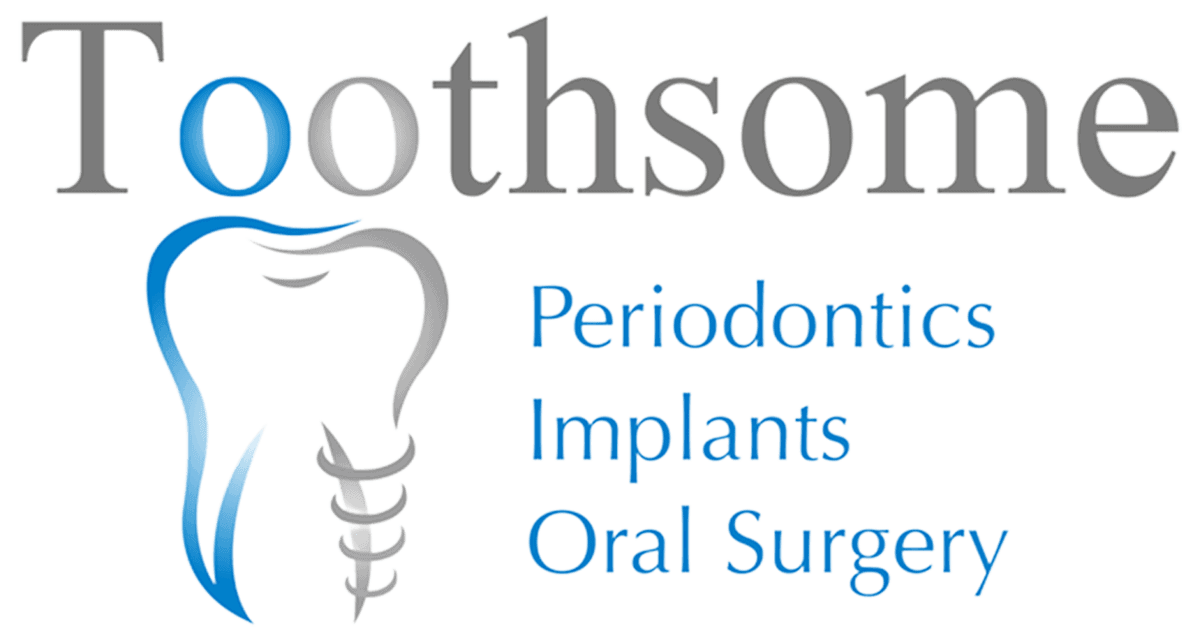
People are becoming more aware of dental implants as the best option for replacing one or more missing teeth. Although dental implants have been around since 2,500 B.C., there is still a lot to know about the benefits of dental implants. If you are considering your missing tooth replacement options, it is essential to get a consultation at your local dental clinic to learn the truth about dental implants and how they can improve your oral health.
The Truth About Dental Implants: Dental Implants Look and Feel Like Your Natural Teeth
Dental implants can look and function like natural teeth. A dental implant acts as a root for a replacement tooth. It then fuses with the bone, creating a firm foundation for the replacement tooth in a process called osseointegration. This prevents bone loss around the implant and in the jawbone.
The dental restoration, typically a crown, bridge, or denture, is crafted from porcelain ceramic, zirconium, or composite, precisely colour-matched to your teeth to give you a natural smile.
Dental implants can also reduce the risk of cavities and protect your oral health because the artificial restoration is not susceptible to acid erosion or decay. However, they can still become stained over time and cannot be professionally whitened.
Frequent dental check-ups can help you keep your dental implants clean. A regular oral hygiene routine, including brushing and flossing, can protect and prolong the lifespan of your dental implants and your regular teeth.
The Truth About Dental Implants: Dental Implants Are Strong
The material in a dental implant needs to be lightweight and strong enough to handle the bite force of the human jaw. In terms of strength-to-weight ratio, titanium alloy is the strongest metal available.
Titanium alloy in dental implants has been proven to withstand constant fatigue and corrosion. Even though it is firmer than bone, it has similar elastic characteristics. Due to its elastic properties, it can withstand the distribution of stress from the jawbone when biting and chewing.
The Truth About Dental Implants: Getting a Dental Implant Can Improve Your Ability to Eat
A serious consequence of missing teeth is the reduced ability to eat and get the nutrients your body needs. Replacing your teeth can help you regain your chewing capacity, but some tooth replacement options, like dentures or bridges, require you to modify your diet to prevent damage to the restoration.
Dental implants are surgically implanted into the jaw. The implant post threads are coated in a biocompatible film that facilitates osseointegration, allowing the jawbone tissue to fuse with the implant. This process gives the implant outstanding stability and enables it to withstand bite forces of more than 900 newtons, the same as your natural teeth.
Because dental implants function like your natural teeth, they improve your ability to eat and allow you to eat any type of food you like.
The Truth About Dental Implants: Dental Implants Are Cost-Effective
Although a dental implant has a higher upfront cost than other tooth replacement options, it is more cost-effective over its lifespan. Because the titanium implant post is biocompatible and lasts a lifetime, the only part of the dental implant that needs replacing is the dental restoration.
A 2009 study showed that between 50 and 80% of implant fixed dental restorations need to be replaced after 20 years.
Unlike dental implants, dentures and bridges do not stimulate the underlying jawbone, leading to bone resorption and ill-fitting dental appliances which slip in your mouth and cannot sustain adequate bite pressure. Dentures and bridges need to be replaced every six years on average. Frequent replacements and repairs mean that these appliances end up costing you more long term than dental implants.
The Truth About Dental Implants: Not Everyone is a Candidate for Dental Implants
If you have good general and oral health, you are an ideal candidate for dental implants. However, there are several conditions that may preclude you from receiving dental implants.

People with autoimmune diseases like type I diabetes, rheumatoid arthritis, or lupus may be ineligible to receive dental implants. Their immune system may recognise the dental implant as a foreign body and reject it, leading to implant failure.
Other people at risk of complications from dental implant surgery include individuals with blood disorders, cancers of the head and neck, and leukemia. If you have insufficient jawbone density or width, you may need preparatory procedures to make you eligible to receive a dental implant.
If you are considering dental implants, look for a dentist that offers a consultation to determine whether a dental implant is suitable to restore your smile. At the consultation, in addition to taking your medical history, the dentist will take X-rays and digital images of your teeth, gums, and jaw to evaluate your jawbone density and thickness.
Before undergoing a dental implant procedure, they can discuss any oral health issues that need to be addressed first, such as gum disease. They may prescribe a bone graft or sinus lift to prepare your jawbone for implantation.
Learn More about Dental Implants from a Toothsome Dentist
Dental implants are an excellent choice for anyone looking for a functional, long-term tooth replacement. If you have more questions about the truth about dental implants, book a dental consultation near you at Toothsome to evaluate your oral health, answer your questions, and discover how dental implants can benefit you.
Contact Toothsome today on (02) 8203 8786 to book your appointment and see if you are a candidate for a dental implant.
Note: Any surgical or invasive procedure carries risks. Before proceeding, you should seek a second opinion from an appropriately qualified health practitioner.
References
A Critical Review of Dental Implant Materials with an Emphasis on Titanium versus Zirconia
https://www.ncbi.nlm.nih.gov/pmc/articles/PMC5455450/ Dental Implants
https://www.webmd.com/oral-health/guide/dental-implants Everything to Know About a Dental Implant Procedure
https://www.healthline.com/health/dental-and-oral-health/dental-implant-procedure


